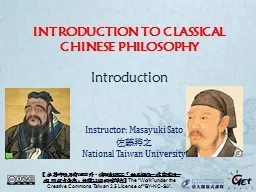PDF-(BOOS)-The Transhumanist Reader: Classical and Contemporary Essays on the Science, Technology,
Author : shelliefurlough | Published Date : 2022-08-31
The first authoritative and comprehensive survey of the origins and current state of transhumanist thinking The rapid pace of emerging technologies is playing an
Presentation Embed Code
Download Presentation
Download Presentation The PPT/PDF document "(BOOS)-The Transhumanist Reader: Classic..." is the property of its rightful owner. Permission is granted to download and print the materials on this website for personal, non-commercial use only, and to display it on your personal computer provided you do not modify the materials and that you retain all copyright notices contained in the materials. By downloading content from our website, you accept the terms of this agreement.
(BOOS)-The Transhumanist Reader: Classical and Contemporary Essays on the Science, Technology,: Transcript
Download Rules Of Document
"(BOOS)-The Transhumanist Reader: Classical and Contemporary Essays on the Science, Technology,"The content belongs to its owner. You may download and print it for personal use, without modification, and keep all copyright notices. By downloading, you agree to these terms.
Related Documents














